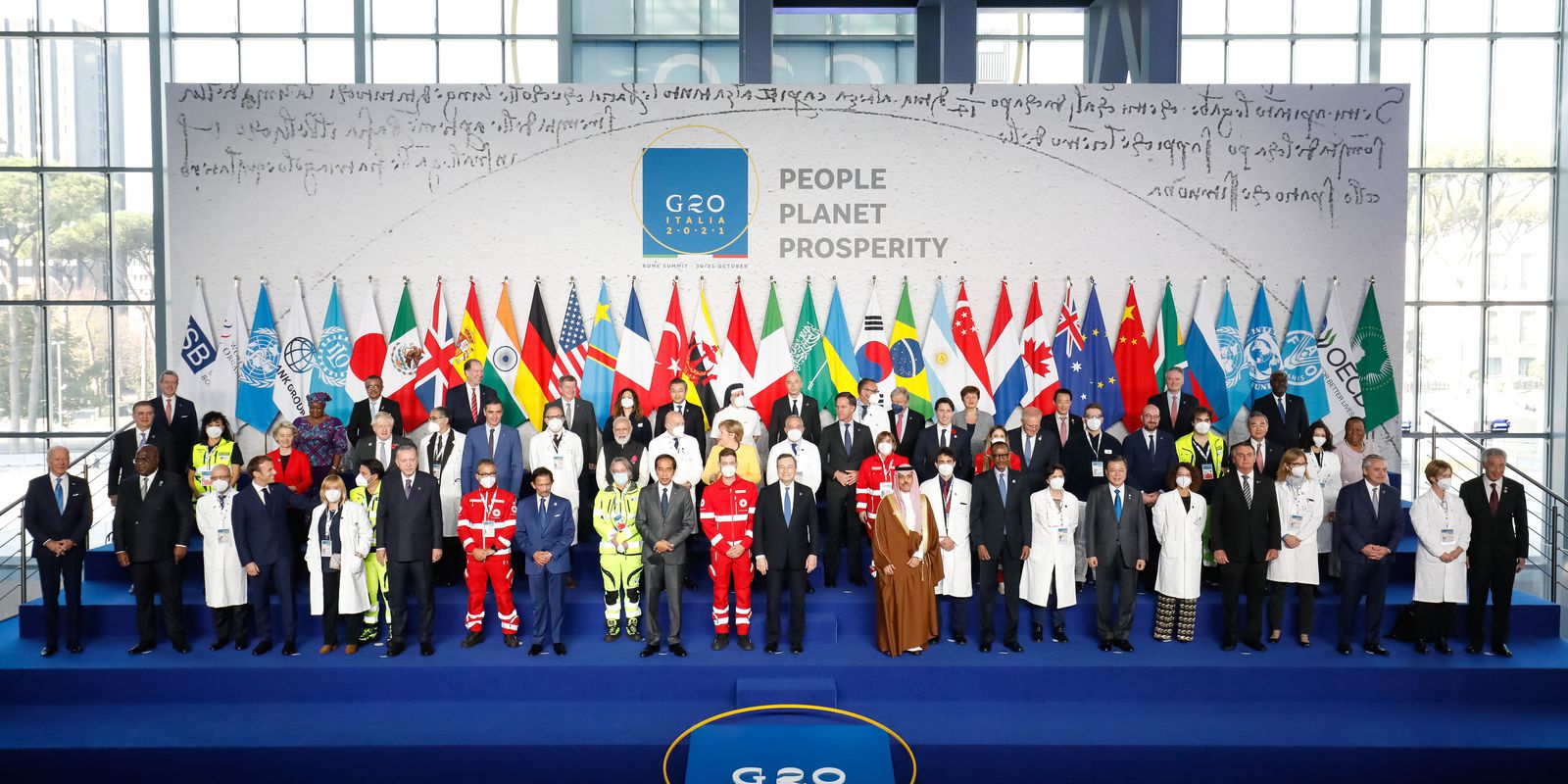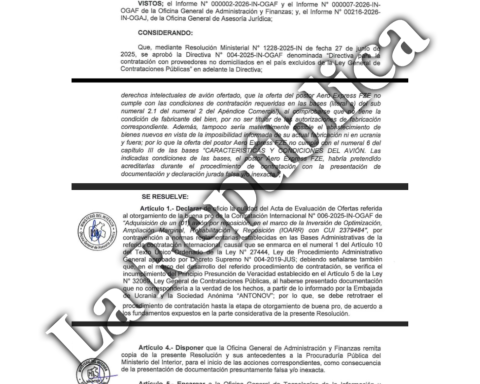The leaders of the 20 largest economies in the world approved this Saturday (30) the creation of a single global tax of 15% for large companies. The measure intends to reformulate international taxation rules, discouraging the evasion of resources to tax havens. The agreement was formalized today (31) in the final communiqué of the G20 meeting, which takes place in Rome this weekend.
The 15% tax had been approved by the G20 finance ministers in July, after 136 countries, including Brazil, signed an agreement mediated by the Organization for Economic Cooperation and Development (OECD). The formalization of the document by the 20 largest economies on the planet was expected at the summit in the Italian capital.
Under the agreement, starting in 2023, all countries will tax the international profits of companies by at least 15%. Countries that continue to apply lower taxes will be retaliated against. According to the OECD, around US$ 150 billion should be collected a year across the planet from companies that promote tax evasion and fail to invest and generate jobs.
Currently, multinationals that make big profits in areas such as licensing of brands and intellectual property transfer the resources to subsidiaries in tax havens, where they pay little or no tax. Each country to havewill individually ratify the new agreement.
Originally, the government of US President Joe Biden advocated setting a global tax rate of 21%. After resistance from some industrialized countries that charge taxes around 10%, the countries agreed to institute the global tax at 15%.
Despite failing to adopt the planned rate, Biden celebrated the measure. “Here at the G20, the leaders who represent 80% of GDP [Produto Interno Bruto] of the planet – allies and competitors on the same side – made clear the support for a strong global minimum tax”, posted the US president on the social network Twitter.
Italian Prime Minister Mario Draghi, who holds the rotating G20 presidency, called the move a historic agreement for a fairer and more equitable tax system.














